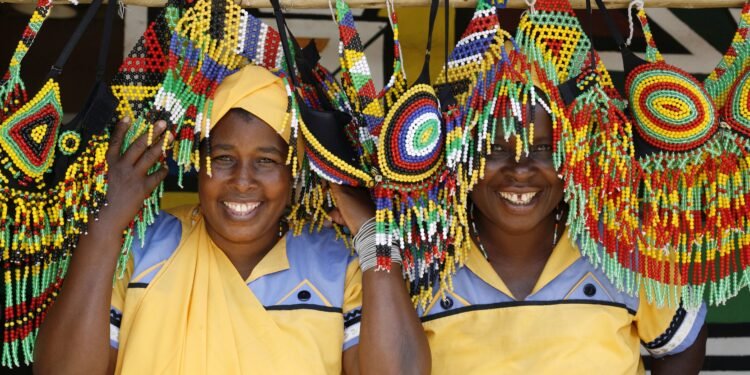NAIROBI (BG) — While global happiness rankings continue to be dominated by Nordic countries, the 2025 World Happiness Report reveals a nuanced picture across Africa, where a handful of nations have made strides, but others have slid down the ladder of well-being.
Togo and Congo stood out as two of Africa’s biggest gainers since 2005–10, with Togo’s average life evaluation improving by nearly 1.4 points.
Meanwhile, Botswana and Malawi were among the global group of seven countries with the steepest drops in happiness, joining conflict-afflicted nations such as Afghanistan and Lebanon.
Benevolent behavior remains a core part of African societies. Liberia, Kenya, Sierra Leone, Nigeria, and Ghana rank among the global top 20 countries for helping strangers, even though many of these countries rank significantly lower in charitable donations.
In contexts where formal charities may be sparse or mistrusted, spontaneous acts of kindness remain the go-to method of support.
Senegal and Gambia continue to score high for shared meals and social interactions, suggesting robust community bonds.
South Africa’s data showed high levels of deaths of despair, although still lower than in the United States, with breaks in reporting complicating trend analysis.
Mental health support initiatives are gaining traction. Programs such as Zimbabwe’s Friendship Bench and Uganda’s StrongMinds are cited as cost-effective models for improving well-being in low-income settings.
Africa’s happiness inequality mirrors broader global trends.
The report finds that while inter-country happiness gaps have remained stable, intra-country inequality has grown — primarily affecting marginalized groups.
Countries with strong social trust and perceived kindness, such as Senegal, report more equal distributions of well-being.
COVID-era trends in benevolence — including increased volunteering and helping behaviors — have remained about 10% above pre-pandemic levels in most African countries.
The region’s sustained focus on community support continues to buffer against economic hardship and political instability.
As global leaders reorient development policy around well-being metrics, Africa’s data suggest that fostering social trust, supporting community health programs and amplifying prosocial behavior may offer the greatest return on happiness.




